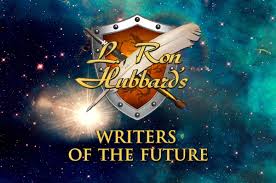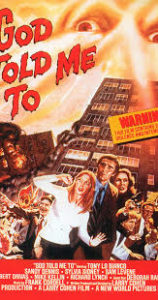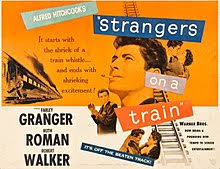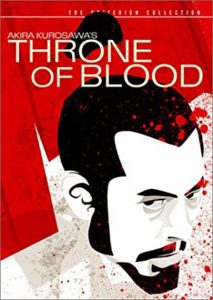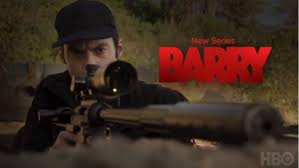There is a style of game playing that is best describe with the phrase ‘Find a rule to stop me.’ It is an approach that seeks to find every weakness in the rule, exploit them to the player’s maximum advantage and not just disregard but destroy any spirit of the game in the all out drive for victory. This has been the Republican Party playbook for some time and if the Democratic Party wants to get anywhere they are going to have to adopt it.
The most recent example of this is of course when Scalia’s SCOTUS became vacant. Sensing, correctly it turned out, that the seat could remain in conservative hands if he held up the nomination until after the election Senate Leader Mitch McConnell stalled the processed and ran out the election clock. No law, no provision of the Constitution prevented this action only the political ‘norms’ of behavior, which the Senate Leader was more than willing to sacrifice for a victory. No amount of shaming, no amount of pleading would ever dissuade McConnell from this course and that is a lesson the Democrats need to learn. You cannot win if you are fighting by a different set of rules. For quite some time now the liberal party has been bringing a knife to a gun fight its time to get properly armed, to fight the war as it being waged.
The seat being vacated by Kennedy is lost to the Democrats. They have no power and no option at all to stop McConnell and Trump from filling as they wish. There is no filibuster for SCOTUS anymore and fear of the base rising up will make the few remaining GOP moderates fall into line. That seat is gone and with it very likely Roe vs Wade.
So what should the Democrats do to fight back?
First off VOTE. If the democratic voters had turned out in 2016 as they had in 2012 this would not have happened. Vote in every single election, local, state, midterm, and presidential, every election matters.
If the Democrats can win the House, that’s within reach, and the Senate, that’s a stretch but not impossible, then they have to fight the way the Republicans fight. There’s plenty of corruption to investigate, launch a committee for every single one. Eradicate the damned filibuster.
Looking further ahead, should the Democrats capture the White House in 2020, dust off FDR’s Judicial Reform Bill. There is nothing in the law or the constitution to prevent a Democratic Administration and Congress from adding five more seats to SCOTUS and McConnell has already proved that ‘norms’ are history. FDR’s attempt failed because his own party rebelled at the court packing, those days are gone.
Those are suggestions for how the liberals can counter the conservatives, but what would be best for the country is for rational and sane political parties, but I don’t see that in the next ten years. If we had those we could possible craft from sane reforms, something like constitutional amendments for direct popular vote elections for President, and fixed 10 or 14-year terms for SCOTUS and all Federal Judges. That’s not in the cards though and we have to deal with the reality on the ground and that’s a reality that produced the current president.

